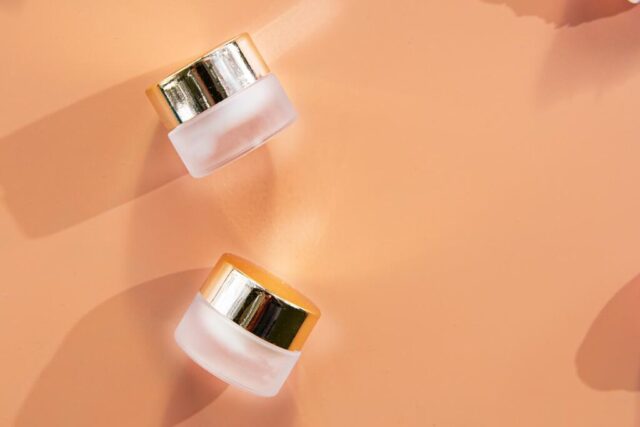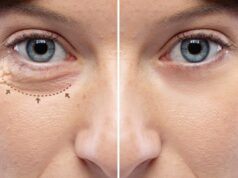In the world of cosmetics, there are many options for brands to bring their products to market. Two popular options are custom beauty manufacturing and private labels. While these terms may seem interchangeable, they actually refer to two distinct approaches to product development and branding.
Custom Beauty Manufacturing vs Private Label

Custom beauty manufacturing refers to the process of creating a new cosmetic product from scratch. This process involves working with a manufacturer to develop a unique formula, packaging design, and branding strategy. The resulting product is tailored specifically to the needs and desires of the brand that commissioned it.
On the other hand, private label cosmetics are pre-existing formulas that are rebranded and sold under a new name. These products are typically purchased from a manufacturer and then repackaged with a different label and branding.
Benefits and Drawbacks of Custom Beauty Manufacturing
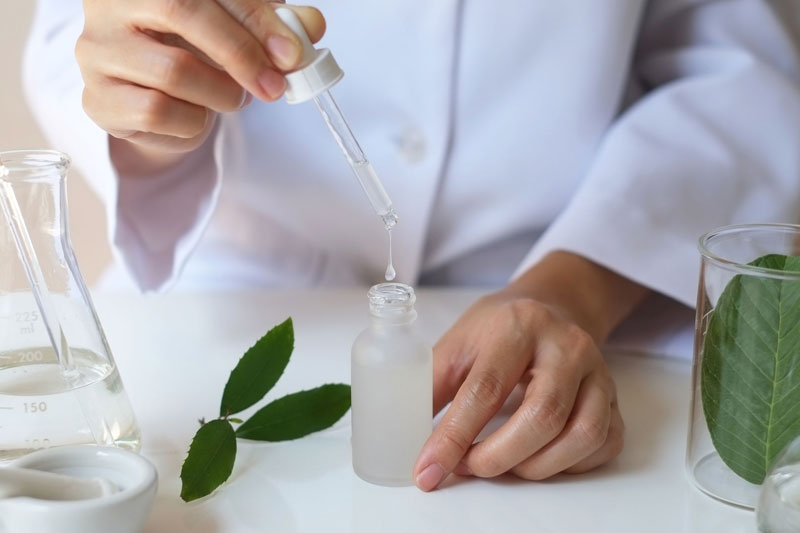
One of the main benefits of custom beauty manufacturing is the ability to create a unique product that stands out from the competition. By working directly with a manufacturer to develop a new formula, brands have the opportunity to create a product that is tailored to their specific needs and preferences. This can include selecting specific ingredients, determining the product’s texture and scent, and choosing the packaging design.
Another benefit is the ability to control the quality of the product. Because the product is developed from scratch, the brand has more control over the manufacturing process and can ensure that the final product meets their standards. This can be particularly important for brands that prioritize natural and organic ingredients, as they may have specific requirements for sourcing and manufacturing.
However, custom beauty manufacturing can also be a more time-consuming and expensive process compared to private labels. Developing a new formula can take months, and there may be additional costs associated with testing and refining the product. Additionally, brands may need to invest in marketing and branding efforts to establish their new product in the market.
Advantages and Potential Drawback of Private Label Cosmetics
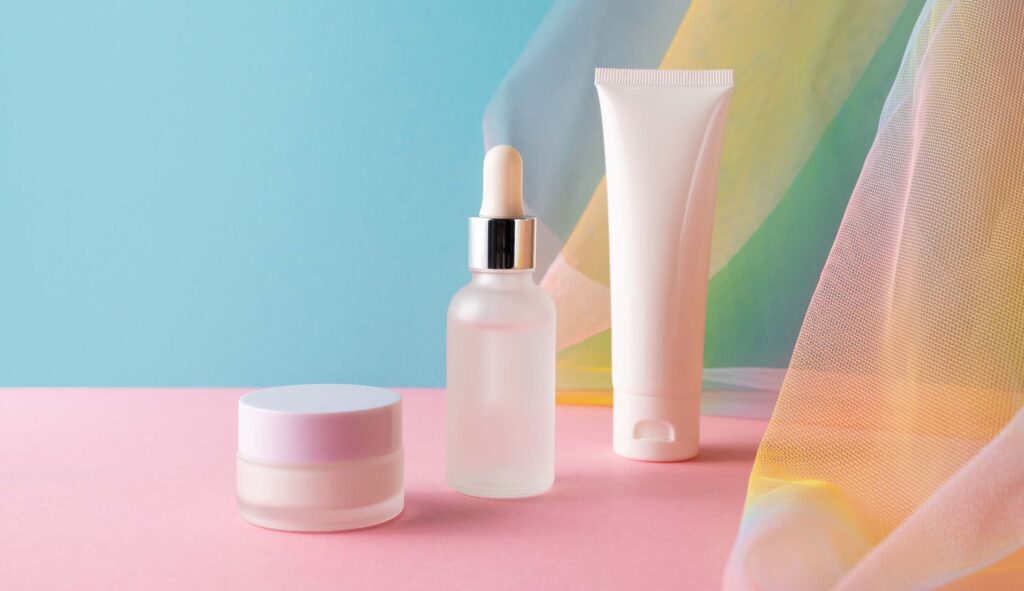
Private label cosmetics, on the other hand, offer a faster and more cost-effective solution for brands looking to bring products to market quickly. By purchasing pre-existing formulas, brands can skip the development process and focus on branding and marketing their products. This can be particularly beneficial for brands that want to enter a competitive market quickly.
Another advantage of private label cosmetics is that they are typically more affordable than custom-made products. Because the formula is already developed, the manufacturing process is often more streamlined, which can result in lower costs. This can allow brands to offer their products at a lower price point, making them more accessible to a wider range of consumers.
However, one potential drawback of private label cosmetics is that the brand may have less control over the quality of the product. Because the formula is pre-existing, the brand may have limited control over the sourcing and manufacturing process. This can make it more difficult to ensure that the final product meets the brand’s standards for quality and ingredients.
Variety of Factors
Ultimately, the choice between custom beauty manufacturing and private label will depend on a variety of factors, including the brand’s goals, budget, and timeline. Brands that prioritize unique, high-quality products may prefer custom manufacturing, while those looking for a quick and affordable solution may opt for private label.
Regardless of the approach, it’s important for brands to work with a reputable manufacturer that prioritizes quality and transparency throughout the manufacturing process. This can help ensure that the final product meets the brand’s standards and resonates with consumers.
Conclusion
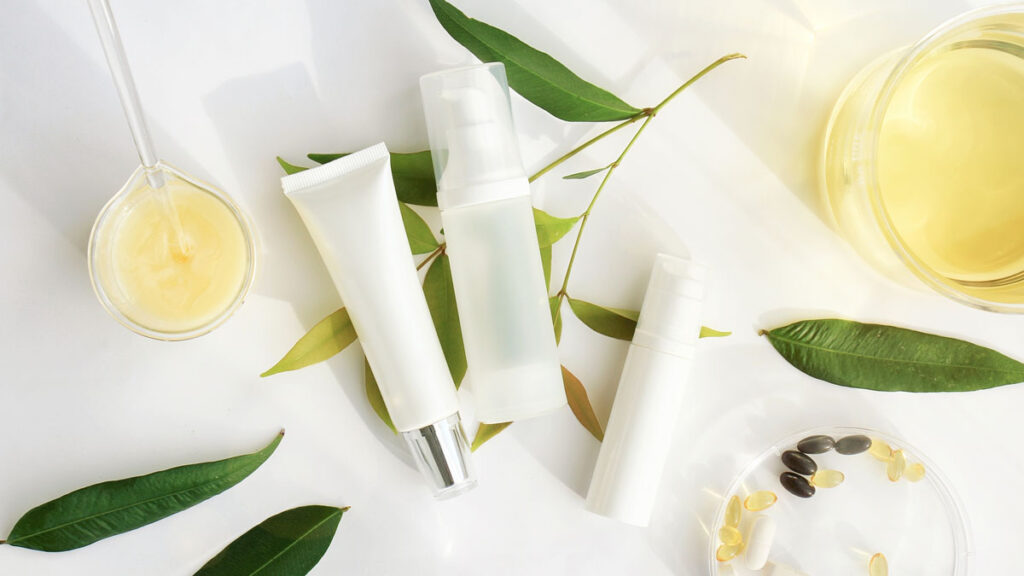
In conclusion, while custom beauty manufacturing and private labels may seem similar on the surface, they represent two distinct approaches to cosmetics development and branding. Both approaches offer unique benefits and drawbacks, and brands should carefully consider their goals and priorities before deciding which approach is right for them.

